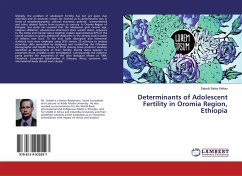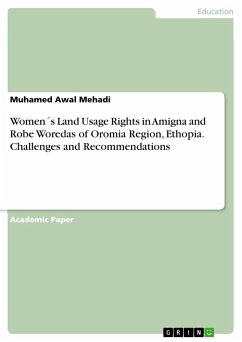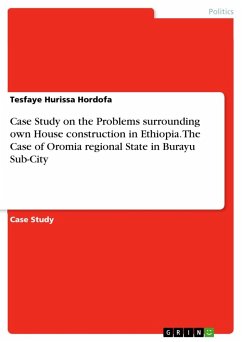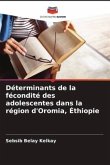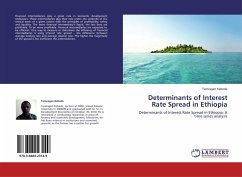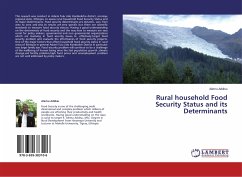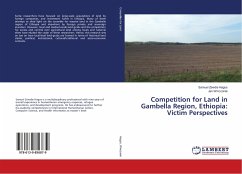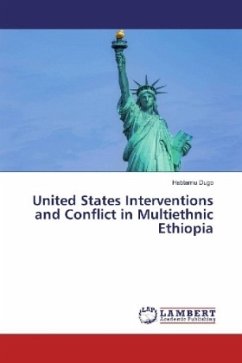Globally, the problem of adolescent fertility has not yet given due attention and its solutions remain far fetched as its determinants vary in terms of sociodemographic, cultural, economic, political, environmental and other related factors from country to country. In Oromia Region of Ethiopia, this study has revealed that the adolescent girls' current age, religious affiliation, educational attainment level, wealth status, exposure to the media and marital status together explain approximately 87% of the overall variation in giving additional childbirths to the already total number of children ever born. To this end, both descriptive and inferential statistical tests were employed using SPSS version 25 software to analyze secondary data generated by designing and conducting the Ethiopian Demographic and Health Survey of 2016. Among these predictor variables identified as determinants of their fertility, marital status appears to proximate those variables under investigation. Consequently, the evidence partly justifies the arguments of the John Bongaart Model of 1984. Therefore, concerned stakeholders in Ethiopia, Africa continent and international levels should work closely.
Bitte wählen Sie Ihr Anliegen aus.
Rechnungen
Retourenschein anfordern
Bestellstatus
Storno

